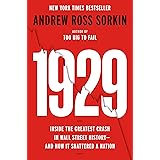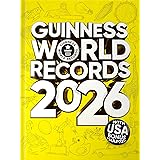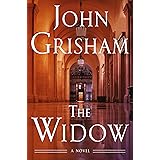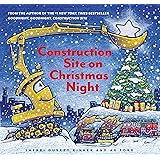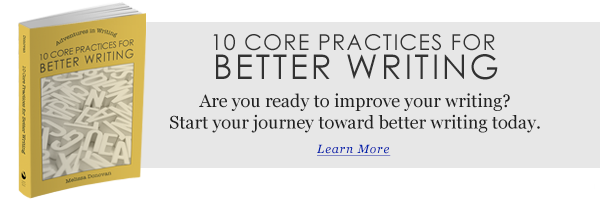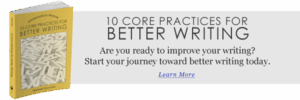Unlock the Secrets: Transform Short Story Skills into Epic Novel Craft
In my years of scribbling, typing, and caressing the pages of countless short stories, I’ve pondered an age-old question: Can the craft of storytelling in its more compact form truly hone the skills needed for the sprawling world of novel writing? It’s a bit like asking if the intense training of a sprinter could prepare someone for a marathon… or maybe not quite that, since short stories and novels are fundamentally both running the same race, but over different lengths.
You see, I’ve been on this platform, documenting every trepid step, each triumphant leap, and occasionally sharing the bewildering stumbles of my writing journey. From the painstaking crafting of words, through the agony of editing, to the proud moments of publishing, I’ve chronicled it all. And now, as I pivot towards the panoramic vistas of long-form fiction, I’m compelled to reflect on what I’ve learned, and perhaps more crucially, what I haven’t.
Here’s a thought that often tickles writers: if a short story is like a tightrope over a chasm, every word a step on the narrow line, how does this translate when we need to not just cross a chasm but navigate an entire landscape? What of the tools, the economy of language, the visceral punch of brevity? Do these make my prose stronger, or do they conceal unsuspected pitfalls?
Well, let’s dive into that nitty-gritty to see how this theory holds up when moving from a sprint to a marathon… LEARN MORE.
The Short Of It
What writing short stories taught me about writing novels, and what it didn’t
I’ve long chronicled my journey with short stories on this platform. Writing them. Editing them. Publishing them. I’ve also shared how I recently moved away from primarily writing them in favor of long-form fiction. “Long-form fiction” just being a roundabout way of saving novels.
One of my very first articles on Medium was about how writing short stories is good for aspiring novelists. Now that I’m making that transition, it’s time to get down to the nitty-gritty of how true it holds up.
Everything prose
All the skills you acquire in writing prose when writing short stories transition over to novel writing. I’m talking about description, dialogue, introspection, action — all of it.
In fact, not only does it transition over, but it’s possible—if you’ve put in the purposeful time and practice—that your prose writing may be even stronger than that of someone who has only tried their hand at long-form fiction.
(It should not need to be stated, but obviously, this is not a hard and fast rule. Some novelists may be the deftest at handling words, and other short story attempters may have never learned their lessons.)
Short stories often favor being “economical with your words” in order to keep readers’ attention, and keeping the work under a certain word count in order to fit the limits of literary magazines. That means writers really learn how to turn a phrase, create impactful moments, and pack a punch with each sentence.
This can also lend itself to compact storytelling and writing powerful, tight prose in your novels, especially if you don’t start taking for granted that more space doesn’t mean meandering with your words but rather expanding and deepening your story.


